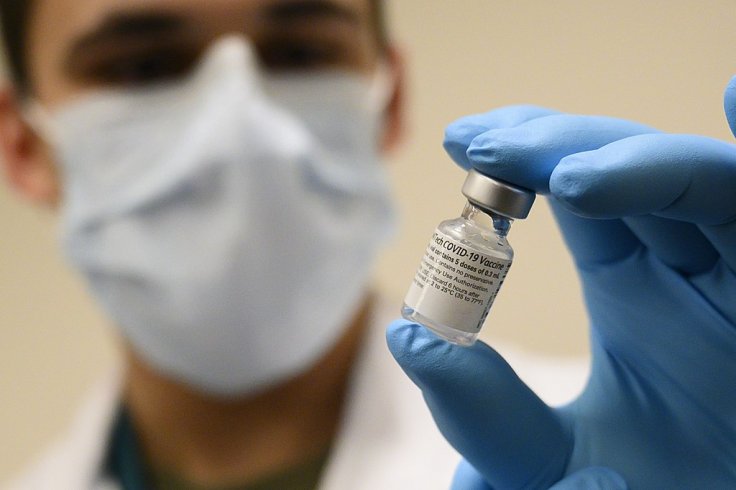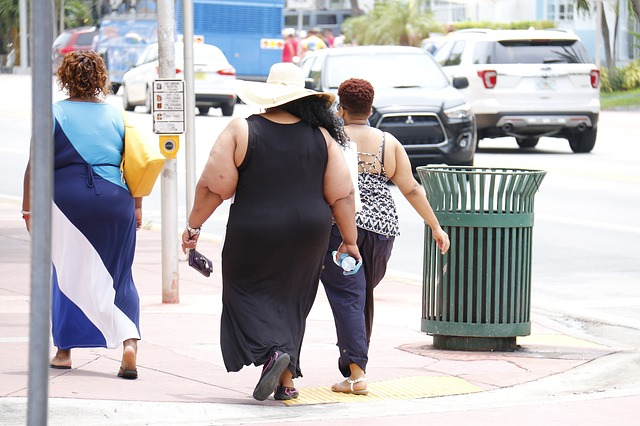Researchers from Italy have found that the Pfizer-BioNTech vaccine may be less effective in people with obesity. They noticed the issue in healthcare workers, who produced only about half the number of antibodies in response to a second vaccine shot compared to healthy people.
Even though this is too soon to know what this means for the efficacy of the COVID-19 vaccine, it might suggest that people with obesity should get an additional booster dose to make sure that they are protected against the Coronavirus.
A separate study showed that the flu vaccine is only half as effective in obese people compared to those who are healthy. The recent findings provide the first direct evidence to suggest that a similar problem might occur with COVID-19 vaccine shots.

The Research Details
Aldo Venuti, of the Istituti Fisioterapici Ospitalieri in Rome, and his colleagues have analyzed the antibody response following two doses of the vaccine developed by the US company Pfizer and its German partner BioNTech in 248 healthcare workers.
It was found that 99.5 percent of the vaccine receivers developed an antibody response almost seven days after receiving the second shot. Even though this response was greater than what was recorded in people who had recovered from Coronavirus-caused disease, it was blunted in people suffering from obesity and those who are overweight.
"Since obesity is a major risk factor for morbidity and mortality for patients with Covid-19, it is mandatory to plan an efficient vaccination program in this subgroup," the researchers said.
Aldo and his colleagues also wrote that even though further studies are required to conclude, this data may have important implications to the development of inoculation strategies for COVID-19, specifically in obese people.
"If our data was to be confirmed by larger studies, giving obese people an extra dose of the vaccine or a higher dose could be options to be evaluated in this population," the team said.

Danny Altmann, a professor of immunology at Imperial College London, said that BMI is an enormous predictor of a poor immune response to vaccines. According to him this new study, which has not yet been peer-reviewed, is "interesting", although the findings are based on a rather small preliminary dataset.
"It confirms that having a vaccinated population isn't synonymous with having an immune population, especially in a country with high obesity, and emphasizes the vital need for long-term immune monitoring programs," said Altmann.
In another study, conducted by Altmann and his colleagues on Brazilian healthcare workers, researchers found that reinfection with the novel virus was more common among people with a high BMI. It was also noticed that these groups of people tended to have lower antibody responses to the original infection.








